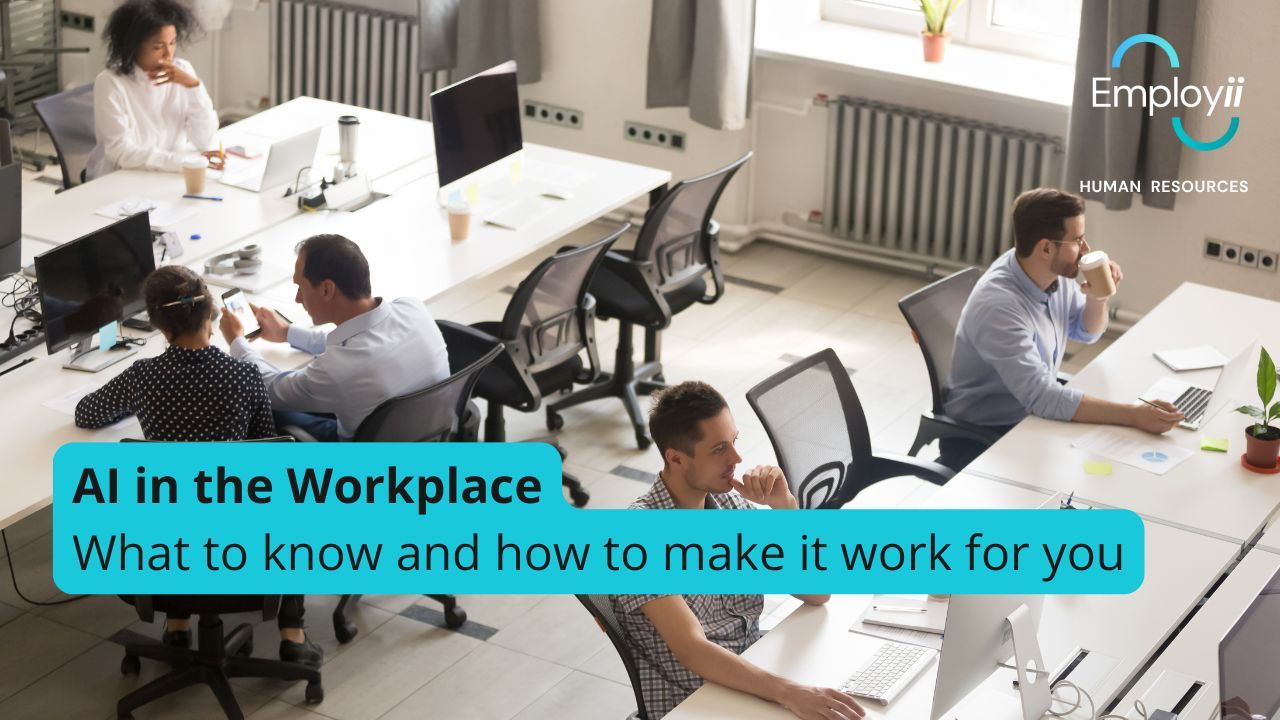
AI in the Workplace
Aug 28, 2025One of the most significant shifts in the modern workplace has been the rapid rise of artificial intelligence (AI). While not without its challenges, AI offers powerful tools for improving efficiency, particularly in HR and broader business operations.
Recruitment
In high-volume recruitment settings, AI can be incredibly useful in filtering applications and shortlisting candidates based on specific skills or attributes. For job seekers, this highlights the importance of using relevant keywords in resumes and cover letters to increase the chances of passing automated screening systems.
However, AI is not immune to bias. A notable example is Amazon’s experimental AI recruitment tool, which unintentionally favoured male candidates. The algorithm had learned from historical hiring data (where men were overrepresented purely from a higher number of applications) leading to skewed outcomes. This illustrates the importance of careful oversight and ongoing training of AI systems.
Future Workforce Needs
As AI continues to evolve, so too does the job market. Some roles, particularly in administration and manufacturing, are at risk of automation. At the same time, new opportunities are emerging in areas like AI development, training and oversight.
AI is also being used to monitor employee activity, from keyboard tracking to systems that analyse engagement and performance data. While these tools can enhance productivity, they also raise important questions about privacy and trust in the workplace.
Businesses should be cautious about over relying on AI. The Commonwealth Bank, for example, had to reverse 45 redundancies within a month after replacing staff with a customer service chatbot. Rather than reducing workload, the move led to a surge in customer calls and all staff who were let go were offered their jobs back, demonstrating that AI isn’t always a plug-and-play solution.
Enhancing the Employee Experience
AI has the potential to improve the day-to-day work experience by automating tasks such as training reminders or even supporting employee wellbeing through digital tools. It can also assist with writing and proofreading, although it’s always wise to double-check AI-generated content -- small indicators often reveal its origin (there’s even one intentionally placed in this sentence.. can you spot it?)
What next?
AI, when used responsibly, can significantly enhance workplace productivity and efficiency. However, it’s not yet capable of replicating the full range of human insight, empathy and adaptability.
Many organisations are already putting regulations in place to guide responsible AI use, with local, state, and national policies evolving to ensure the workforce remains protected as technology advances.
If you’re wanting to implement AI in your company but are unsure how best to do so or the relevant policies in place, make sure to reach out to us at employii@employii.com.au and we can assist (human touch and all!)
Author: RG (Employii Human Resources)

